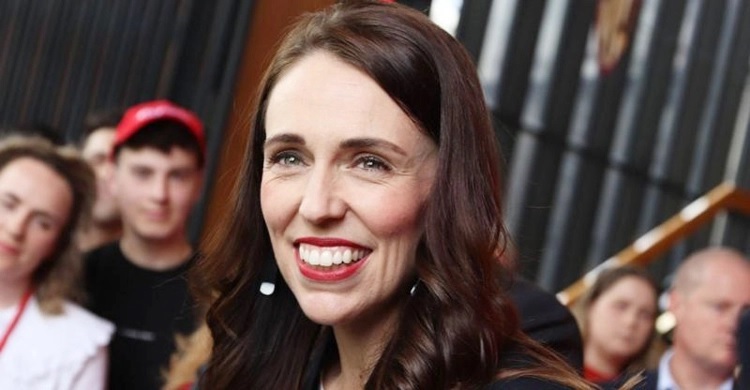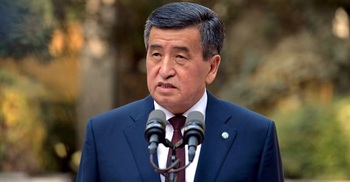Arden's Labour party wins New Zealand election

New Zealand Prime Minister Jacinda Ardern has won a landslide victory in the country's general election, reports BBC.
With most ballots tallied, Ms Ardern's Labour Party has won 49% of the vote and she is projected to win a rare outright parliamentary majority.
The opposition centre-right National Party, currently on 27%, has admitted defeat in Saturday's poll.
The vote was originally due to be in September, but was postponed by a month after a renewed Covid-19 outbreak.
The polls opened at 09:00 local time (20:00 GMT Friday) and closed at 19:00.
More than a million people had already voted in early polling which opened up on 3 October.
New Zealanders were also asked to vote in two referendums alongside the general election.
Could Ardern win an outright majority?
According to the Electoral Commission, the Labour Party are on 49% of the vote, followed by the National Party on 27%, and the ACT New Zealand and Green parties on 8%.
"New Zealand has shown the Labour Party its greatest support in almost 50 years," Ms Ardern told her supporters after the victory. "We will not take your support for granted. And I can promise you we will be a party that governs for every New Zealander."
National Party leader Judith Collins has congratulated Ms Ardern and promised her party would be a "robust opposition".
"Three years will be gone in the blink of an eye," she said, referring to the next scheduled election. "We will be back."
Ms Ardern's Labour Party is projected to win 64 seats - enough for an outright majority. No party has managed to do so in New Zealand since it introduced a voting system known as Mixed Member Proportional representation (MMP) in 1996.
Before the vote, experts doubted whether the Labour Party could win such a majority.
Professor Jennifer Curtin of the University of Auckland said previous party leaders had been tipped to win a majority, but failed to do so.
"New Zealand voters are quite tactical in that they split their vote, and close to 30% give their party vote to a smaller party, which means it is still a long shot that Labour will win over 50% of the vote."
Ms Ardern pledged to instil more climate-friendly policies, boost funding for disadvantaged schools and raise income taxes on top earners.
Ms Collins and the National Party had pledged to increase investment in infrastructure, pay down debt and temporarily reduce taxes.
What else did people vote on?
Aside from choosing their preferred candidate and party, New Zealanders were also asked to vote in two referendums: the end of life choice on euthanasia and cannabis legalisation.
The first aims to give terminally ill people the option of requesting assisting dying. This is a binding vote, which means it will be enacted if more than 50% vote "yes".
The second is over whether the recreational use of cannabis should become legal.
This however, is not binding - which means even if a majority of people vote "yes" - cannabis might not become legal straight away. It would still be up to the incoming government to introduce a bill to legalise this.
The Electoral Commission will announce preliminary results for both on 30 October.
How does NZ's voting system work?
New Zealand has a general election every three years. Under its MMP system, voters are asked to vote twice - for their preferred party and for their electorate MP.
A party must receive more than 5% of the party vote or win an electorate seat to enter parliament.
There are also a number of seats reserved for Maori candidates.
To form the government, a party needs to win 61 of 120 seats. But since MMP was introduced, no single party has been able to do so on its own.
Parties usually have to work together, resulting in coalition governments.
This also means a smaller number of politicians from minor parties could decide the election despite the major parties getting a bigger vote share.
That happened in 2017, when National Party won the most number of seats, but could not form the government and Labour entered into a coalition with the Greens and New Zealand First, a nationalist party.







